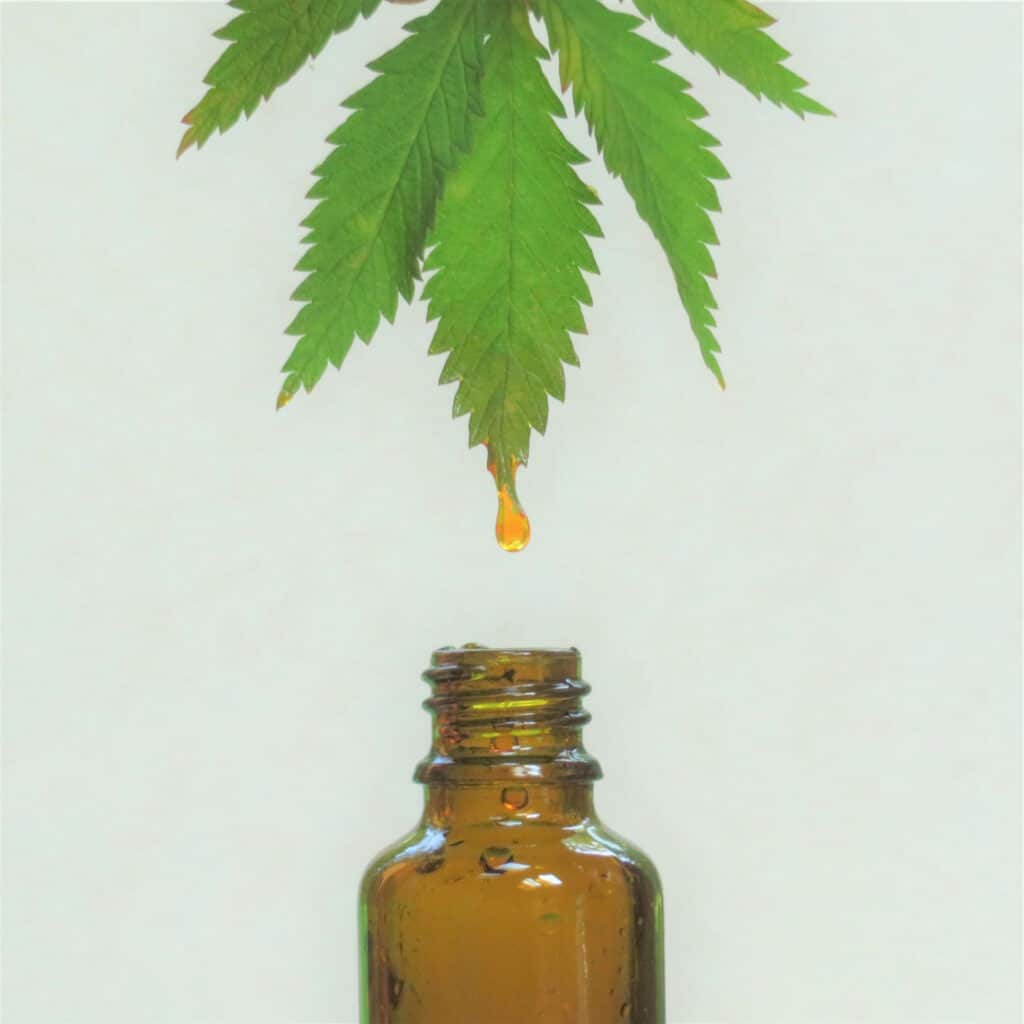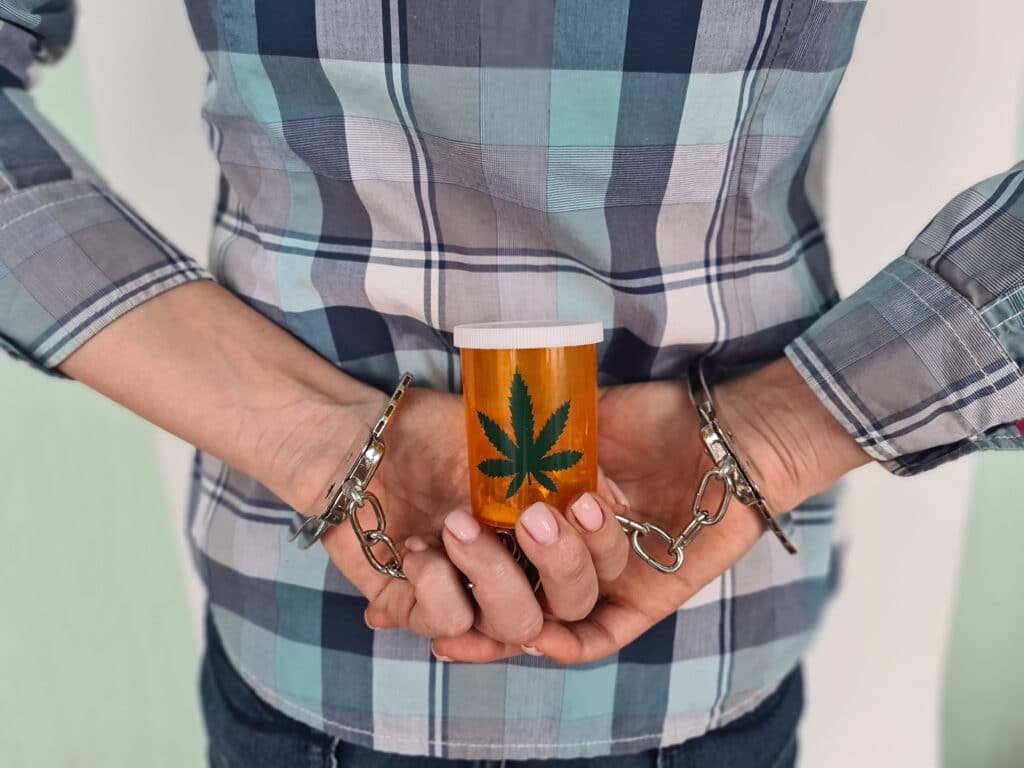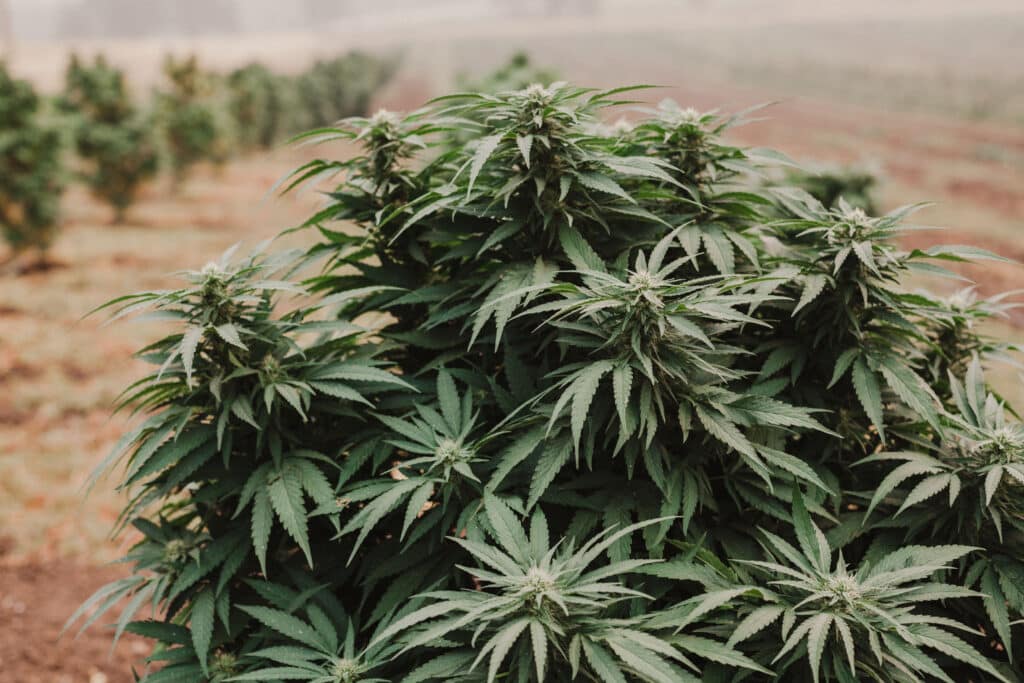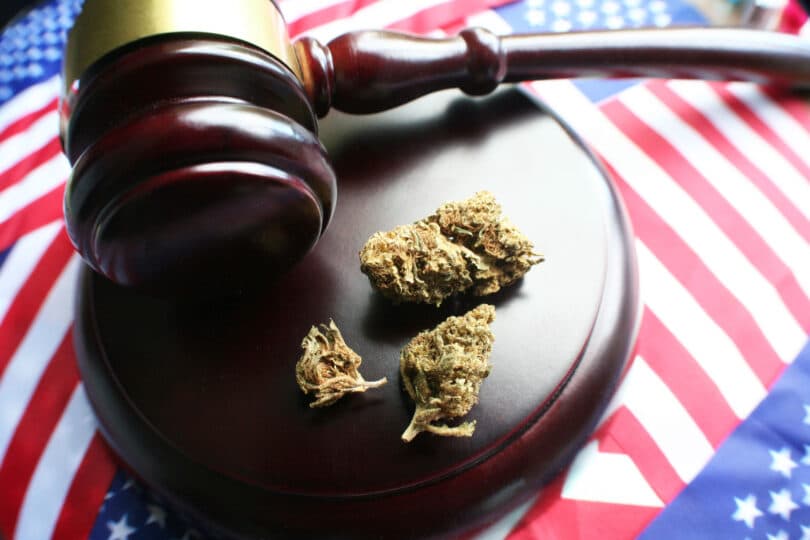If we are all a part of the organizations we work for, than this headline is accurate. The DEA is currently getting sued by a former agent over a positive cannabis test. What can come from something like this? And does the DEA have to care? Read on to find out more.
DEA getting sued by former agent over cannabis
It’s definitely an interesting headline, and it comes with a lot of legal gray area, no matter how you look at it. Perhaps the story does most in setting the scene for today’s world of reality, and the lack of appropriate government response to a changing marijuana climate. Whether the case has legal legs or not in the end, is possibly less important than that things have gotten to the point that the case is happening. One thing for sure is, the DEA is officially getting sued over a positive cannabis test.
The whole thing started because former special agent Anthony Armour, decided to take the federal agency to federal court, over a claim of wrongful termination due to a positive cannabis result. According to the officer, the test was positive because he was using legal CBD oil as a means of pain relief. The man served as a special agent for 15 years according to a report in MarijuanaMoment, and was fired in 2019 due to the positive test.
The test was a random screening, and turned up a THC metabolite, which Armour quickly explained was due to CBD oil he was using as an opioid alternative. He was also quick to provide the DEA with the products he used in an effort for understanding. Three products were tested, two within direct legal limits (under .3% THC), and one on the edge at .35%; which is considered within a scientific margin of uncertainty. Something that allows for an additional +/- .08%.

The DEA didn’t care about any reasoning, and didn’t want to do anything outside standard policy. Armour was therefore fired. This happened even though he had not only not presented general issues as an employee, but had not been identified as having a possible drug issue. The guy even worked in opioid diversion, meaning he was actively trying to help with what is actually a horrible drug problem in the States. And he himself claimed use of the CBD as an opioid alternative; which means he was actively trying to avoid the drugs currently responsible for killing close to a 100,000 people a year in the country.
The result is that now four years later, the DEA is getting sued over its actions concerning the cannabis test. Armour filed suit on May 19th of this year, and the case is set to go before the U.S. Court of Appeals for the Federal Circuit. He hopes to have the charges dropped, and his job back. According to the DEA, Armour was in possession of a controlled substance, end of story. According to Armour, this is wrong on at least three main points.
The three main points Armour focuses on in his suit, are that he wasn’t technically in possession of a controlled substance, or at least not that there is a decent amount of evidence for; that whatever he did do did nothing to inhibit the DEA or its purpose; and that the penalty doled out does not fit the circumstance, especially considering other related factors.
How this fits with federal law
The reason this comes up at all as a case, is due to the 2018 US Farm Bill, and its legalization of hemp and its components for industrial use. According to Armour, he never attempted use with such products until after the Farm Bill law passed. The Farm Bill instituted a separate definition for ‘hemp,’ which disqualifies it from the standard definition of ‘marijuana.’ The two are essentially separated at the .3% THC limit, with less defined as ‘hemp,’ and more defined as ‘marijuana.’ Both are still considered cannabis.
Armour was reportedly using the hemp oil for pain relief due to injuries suffered in his life playing football, and as a member of law enforcement. When he started use with the products, there were no guidelines by the DEA for how to proceed if an officer tested positive for these substances. Since that time, the DEA has put in regulation barring use by agents; but this on the premise that products can be mislabeled, leading to accidental THC exposure. It does not, however, ask new applicants to state anything other than use of these compounds from before the 2018 Farm Bill, anymore.
According to Armour’s filing as per MarijuanaMoment: “For whatever reason, DEA saw fit to fire a dedicated Special Agent devoted to curbing the unlawful diversion of opioids and other controlled substances because he had purchased and used an openly advertised and sold CBD product to treat pain… That penalty is not only seriously misguided as a matter of policy but is unsupported by substantial evidence and hopelessly flawed as a matter of law.”

Legality and logic points in this argument
Whereas different states have legalized cannabis, the Farm Bill operates as federal mandate. Hemp is technically legal in the US. However, an issue with Armour’s argument on the legal side, is that while industrial hemp was legalized; all internally-used products are FDA regulated. And the FDA never approved use of hemp, CBD, or any other derivative; in products for pain-treating purposes. In that sense, Armour’s argument might be legally questionable; though this, like the rest, is debatable.
The 2018 Farm Bill never actually moved regulation of either cannabis or its derived products, from FDA oversight. This oversight is controlled through the FD&C – Food, Drug, and Cosmetics Act, and the PHSA – Public Health Service Act of 1944. These cover anything that falls under: food, drugs, cosmetics, and medical devices. Added onto this is FD&C Section 301 (II), which doesn’t allow any compound in an approved medication, to be marketed as any kind of nutritional supplement. CBD is in the approved medication Epidiolex. As per an FDA statement:
“we [FDA] treat products containing cannabis or cannabis-derived compounds as we do any other FDA-regulated products — meaning they’re subject to the same authorities and requirements as FDA-regulated products containing any other substance. This is true regardless of the source of the substance, including whether the substance is derived from a plant that is classified as hemp under the Agriculture Improvement Act”.
All of this is to say that CBD products might not be technically legal as per the FDA, or are arguably illegal. This came up relatively recently by Minnesota; which then went on to make its own legalization to iron out the kinks. First just for edibles, and then as an entire legalization.
But then there’s the reality side, the logic side. Armour wasn’t found with large amounts of THC in his system. He was found with the amounts consistent with using a low-THC product. The idea that he was in possession of, or used, a ‘controlled substance’ is silly when looking at it like this. The guy wasn’t found trafficking opioids, he wasn’t found with a baggy of cocaine. He wasn’t even found with a gram of weed. He was found with a negligible amount of THC, which is not enough to make a person high; and even provided the products he used. That’s pretty transparent.
The reality is that something was legalized, and regulations were never set to govern it. The exact legality of CBD is therefore debatable, as both sides have an argument. However, does it make sense for the DEA to really argue it at this juncture? The federal government went far enough to make a legalization. And while it’s not 100% complete in that the FDA didn’t make official approvals, it certainly leaves enough gray for a case.

Truth be told, regardless of how little sense it makes, if this happened prior to 2018, he wouldn’t have had a leg to stand on. But with 23 legal states, and at least half the population (or more) living in locations where high-THC cannabis is legal; plus the federal acceptance of hemp (in some capacity) via the Farm Bill, Armour has the ability to fight it. Add on that President Biden recently pardoned all simple possession for marijuana convictions, and the use of a low-THC product is even less of a thing to go after.
If nothing else, this case is gaining publicity at a time when the government – and its agencies – are already under fire for not responding fast enough to the changing drug climate. And the climate is way different now than it was four years ago when this happened. In fact, though the DEA can uphold its original decision; it will almost assuredly face major push back from multiple directions, if it does.
Conclusion
This is an interesting case in that it points out the illogical workings of government entities. But it also comes with the stipulation that a law was passed, without specifics ironed out. The government *could say the lack of FDA approval makes Armour in the wrong. But is it really a good time for the government to attempt to hold ground over nothing? It says a lot about our changing times in general that the DEA can now get sued over a positive cannabis test, at all.
I probably should end with the last paragraph, but I can’t overstate this last point enough: there are real drug issues in America. And they’re not improving. Armour was actually doing his part in helping with these real and death-causing problems. Is he really the guy to go down for something like this at all?
Welcome one and all! Cool that you made your way to Cannadelics.com; a site geared toward bringing you the best independent reporting for cannabis, hallucinogens, and way beyond. We’ll keep you in-the-loop, so join us daily; and sign up to our Cannadelics Weekly Newsletter, to ensure you’re always first to know the story.









